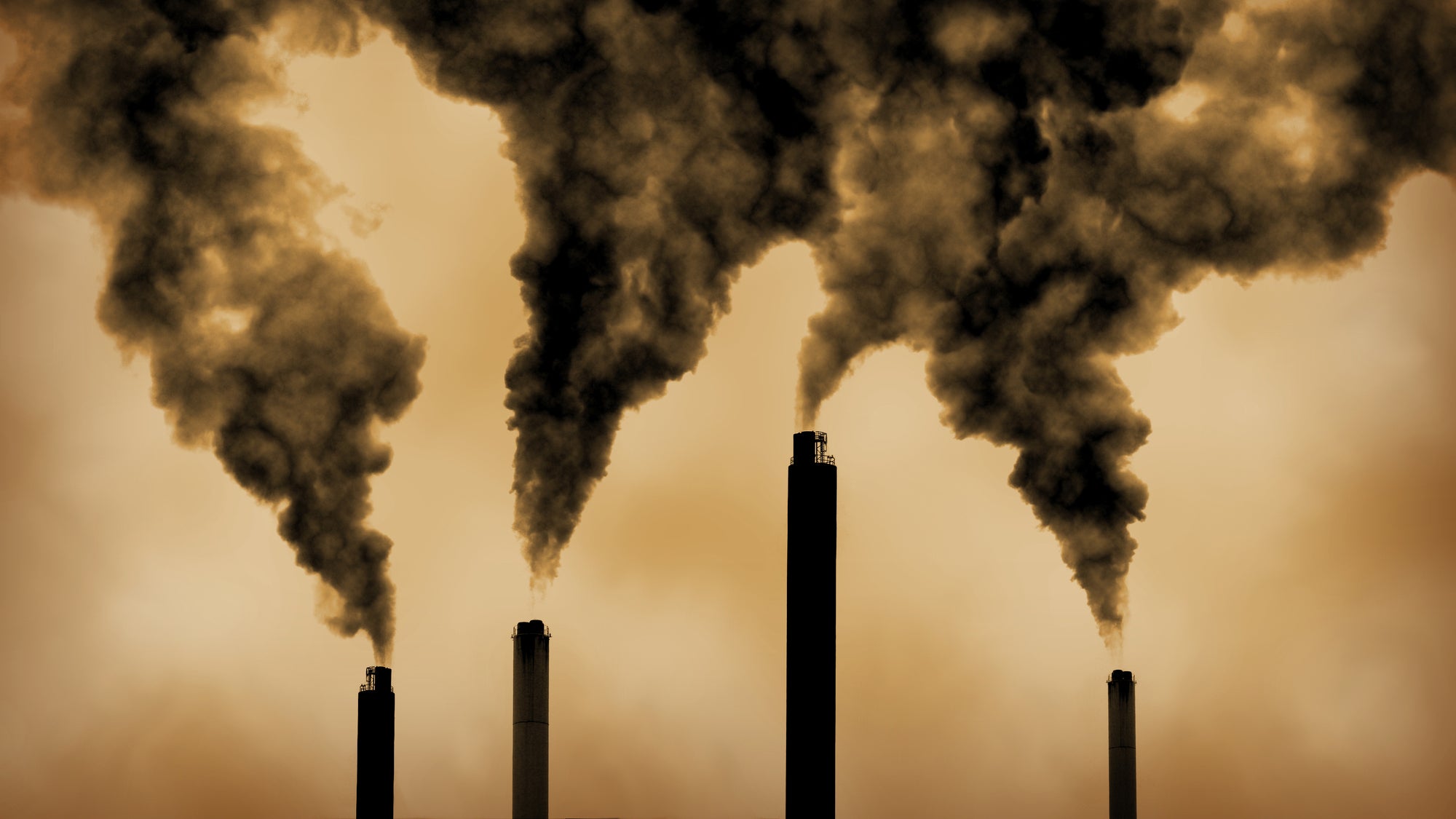In many places, cash is no longer king. While you still can manage to live a cash-only lifestyle if you want to, few of us do. Some of us don’t even carry cash at all, relying on our phones and credit cards, tapping and swiping at stores and using apps like Venmo or Cash App for personal transactions that would once have involved passing a wad of crumpled bills to someone.
Even when we talk about the necessity of an emergency fundwe’re talking about money in a bank account, not cash stuffed under a mattress. Money in a bank will earn interest, be insured against robbery, and will be accessible in some way no matter where you are.
But cash can still be useful. And in an emergency, cash can even be necessary. That’s why you should definitely keep a modest amount of cash at home. But how much?
All you need is cash
It’s true that in most day-to-day operations no longer require cash, so keeping a stack of bills in a home safe or hidden away somewhere might seem like a waste. But there are some good reasons to do so:
- You might need it during a power outage. Natural disasters like hurricanes frequently knock out the power grid, and it can take time for the juice to come back. After Hurricane Sandy in 2012, it took nearly two weeks for the power to come back in some areas—and Puerto Rico is still struggling to get the power back on after a succession of powerful storms. Blackouts not only make it tough to charge your phone or other devices, they knock out the ability for businesses to accept digital payments and can even disrupt data networks. The end result is a temporary trip back to the Stone Age, and having some cash to buy things will serve you well.
- Cash is (mostly) universally accepted. Even if you’re able to charge your phone and access a network, you might find yourself dealing with folks who aren’t on the same payment apps as you. You won’t be able to Venmo money to a store owner or neighbor if they don’t have a Venmo account, after all. And it will be an emergency, so people’s patience for downloading and setting up a whole new app will be pretty thin.
G/O Media may get a commission

BOGO 50% Off
Flippr – BOGO 50% Off
Not your average broom
The Flippr makes traditional sweeping obsolete, with its two-in-one brush and roll functions.
Use the promo code BOGO50
How much to stash
So, a little cash on hand is a good idea—but don’t go overboard. Your overall emergency fund should cover several months’ worth of expenditures. When it comes to cash, it’s best to have enough to get you through a week or so of paying for fundamentals like gas for your car and generators, groceries, necessary prescriptions, and maybe a night or two of emergency housing like a hotel or motel room.
The exact amount you’ll need for these things will vary depending on the size of your family and their specific needs, but generally speaking somewhere between $500 and $1,000 will probably be sufficient to get through a temporary emergency, although even as little as $200 can be useful. More than that is probably overkill—the money would be better off in a bank where it will be insured and earn interest.
You can calculate a more specific number for you by listing a week’s worth of bills to cover food and bottled water, medications, and other necessities for your family and tacking on a night in a nearby hotel. Round up to the next $100, and that’s a good estimate for how much you should have on hand.
A few things to keep in mind about your cash stash:
- Shrinkage. That $500 you hide away today will lose purchasing power over time. It’s a good idea to revise your emergency cash every so often to ensure you still have enough.
- Deterioration. Paper money has a lifespan. While money in circulation deteriorates mainly due to handling, cash in an envelope in your home office can still be damaged. Keep your emergency cash in a safe place where it won’t get damp, burned, or cut into snowflakes by toddlers. You should also consider swapping it out for fresh bills every few years.
- Don’t dip in. When you know there’s cash in the house you might be tempted to grab some when it’s convenient—for tips, to pay off small debts to your neighbors, or for small purchases that are awkward to pay for with a credit card. Before you know it, your emergency cash will be gone—and that is precisely when an emergency will hit you.
Note: This article have been indexed to our site. We do not claim legitimacy, ownership or copyright of any of the content above. To see the article at original source Click Here













